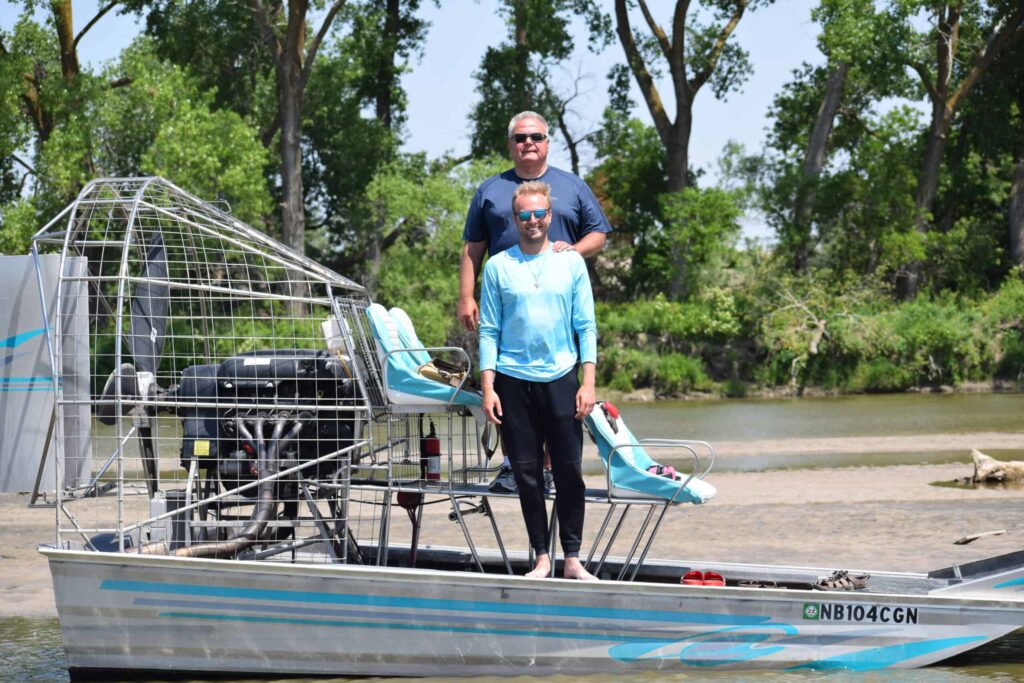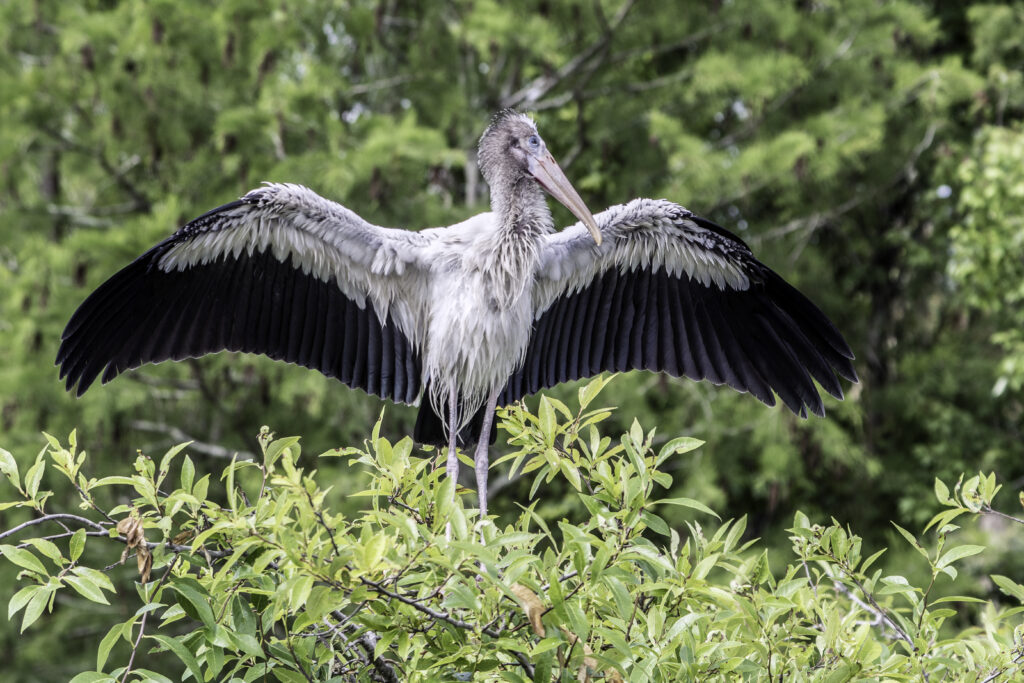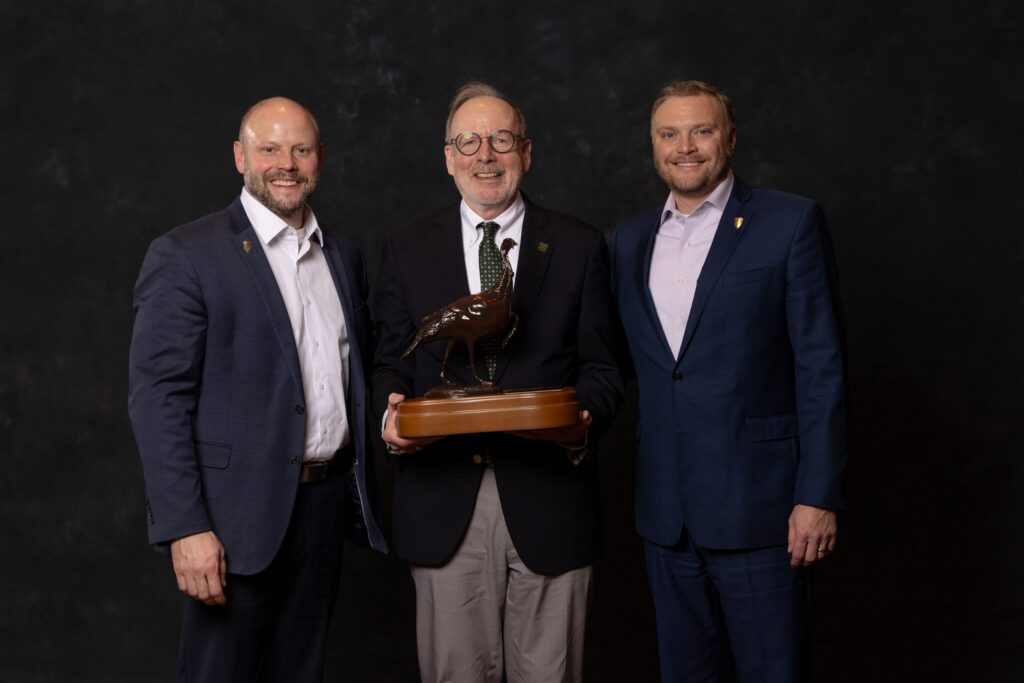As the appropriations season for fiscal year (FY) 2017 ramps up in Washington, Congressional subcommittees in both the House and Senate are holding hearings to discuss and dissect the President’s budget request. Every year the President submits a budget request to Congress outlining the federal government’s funding needs for the upcoming FY, which starts on Oct 1. Congress must then approve this budget through 12 separate appropriations bills, each developed by a specific appropriations subcommittee.
Field offices are the “heart and soul” of the U.S. Fish and Wildlife Service, according to Dan Ashe.
The USFWS Director urged Congress to “consider the field workers” when appropriating funds to the Agency during his budget testimony to a Congressional appropriations subcommittee. The USFWS FY2017 proposed budget requests $1.6 billion for agency programs, an increase of $54.4 million over the FY2016 enacted funding level.
During the hearing, subcommittee members showed their strong interest in their respective state’s wildlife management issues, spending most of the hearing questioning the Service’s plans to better work with the states to address them.
Despite the lack of focus on appropriation-specific issues, the subcommittee highlighted the agency’s growing maintenance backlogs and law enforcement shortfalls as priority items for funding. Committee members also asserted that the $67 million funding request for State and Tribal Wildlife Grants – a funding effort that TWS lobbied for in early March – was reasonable.
Refuge System Backlogs
The FY2017 proposed budget asks for $25.2 million in additional funding for the National Wildlife Refuge System. Included in the budget proposal is the U.S. Fish and Wildlife Service Resource Protection Act (H.R. 4558), which would grant the Service the authority to seek compensation from the individuals responsible for intentional destruction of refuge resources.
In his opening statement, subcommittee Chairman Ken Calvert (R-CA) said that the FY2017 budget proposal is not enough to bring down the agency’s $1.1 billion refuge maintenance backlog, but the subcommittee will “appropriate an amount that will.”
Ashe stressed to the subcommittee that previous refuge appropriations have allowed the agency to “reduce the deferred maintenance by nearly one half,” and that through continued funding, the agency “can see success.”
Endangered Species Act
Chairman Calvert also stated the agency’s growing Endangered Species backlog will be prioritized when appropriating funds to the Service. Currently, the agency has over 500 species awaiting listing, 49 waiting to be delisted, and over 1,000 awaiting recovery plans.
“The agency should not be listing species if the government is not prepared to carry out its full responsibilities under the law,” said the Chairman. “We will ensure that the agency has the funds needed to whittle away at these backlogs.”
The Chairman also applauded the agency’s success in delisting 15 species over the past eight years.
Wildlife Trafficking
Congressman Steve Israel (D-NY) asked whether or not the modest International Affairs budget increase would be enough to combat wildlife trafficking. The FY2017 proposed budget increased International Affairs funding by $1.12 million, to a total of $15.8 million.
Ashe asserted that the wildlife trafficking budget has the greatest payoff for such a small increase in funding. Appropriated funds would be used to increase the capacity of law enforcement agents to combat wildlife trafficking at foreign embassies. Currently, USFWS has placed five officers in trafficking hot spots around the globe, and hope to expand to other locations.
“We’re already seeing a great payoff from this [effort to combat trafficking],” said Ashe. “We’ve seen great cooperation and it pays in dividends.”
Gray Wolves
Committee Vice Chair Mike Simpson (R-ID) took the opportunity to address the USFWS proposal to delist gray wolves (Canis lupus) range-wide. The conservation status of Gray wolves has fluctuated in the past. Currently, the species is delisted in Oregon, and was delisted in 2011 in the Great Lakes , however, litigation brought the listing back. The range-wide proposal has been a source of conflict for the Service, according to Ashe.
“The proposed rule to delist range-wide was roundly criticized…but states are doing a good job, populations are robust,” said Ashe. “Wolves are recovered in the Rocky Mountains and the Great Lakes and no longer warrant listing.”
Despite the fluctuating focus of the hearing, Ashe’s message to the subcommittee on the status of USFWS funding was clear:
“[USFWS] is made up of skin and bone and muscle…we have nothing left.”
For a full broadcast of the hearing, see the House Appropriations Subcommittee on Interior, Environment, and Related agencies website.
Article by Lauren McDonald








